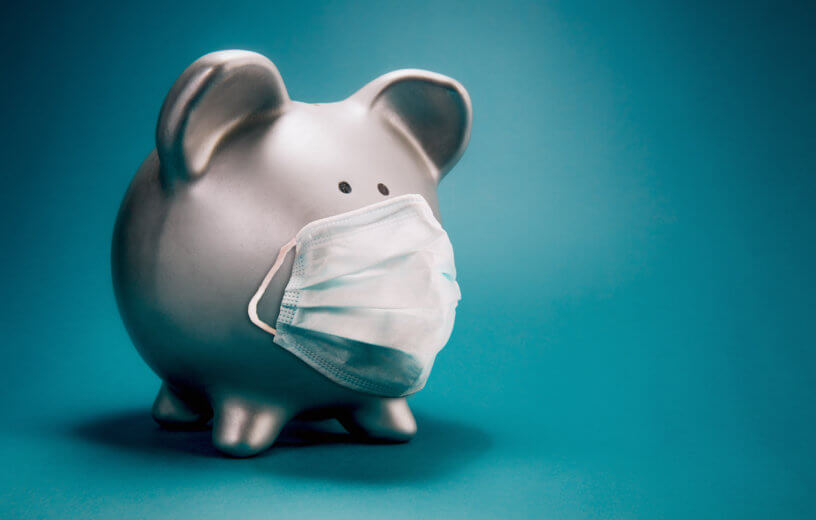WASHINGTON — While the coronavirus pandemic’s toll on human life has been devastating, the financial fallout may have actually impacted more Americans over the last year. With millions out of work or suffering cutbacks in their hours, a new survey finds nearly 145 million Americans believe they can’t afford another year like 2020.
WalletHub’s new Coronavirus Money Survey also reveals that the nation’s focus is now shifting from the virus to finances. The survey of over 750 Americans in March 2021 finds money is now the biggest stressor around the country.
Three in 10 respondents say money is their greatest concern this year, a 15-percent increase over last year. COVID-19 is still the top stressor for 28 percent of Americans. As coronavirus safety measures fade however, researchers find people are getting back to worrying about how to make ends meet.
“The COVID-19 pandemic is now the second biggest stressor in America, with money problems taking first place,” WalletHub analyst Jill Gonzalez reports in a statement. “The U.S. is rolling out the COVID-19 vaccine and people have gotten used to social distancing measures, which explains why people are worrying a bit less about the pandemic itself. The long-lasting financial consequences caused by COVID-19 are now taking a more prominent position in people’s minds.”
Jobs (14%), relationships (12%), and climate change (9%) round out the top five stressors currently weighing on American consumers.
Credit card application boom
Researchers also delved into how the nation is trying to weather the financial storm COVID brought to the world in 2020. The report finds 29 million more Americans will apply for a new credit card in 2021 due to the pandemic.
With that in mind, researchers say around 71 million people will likely have trouble paying off their credit card bills. Nearly four in five people (79%) say credit card companies should forgive late payments due to financial struggles caused by COVID-19.
“One positive way that consumers have reacted to the pandemic is by increasing the amount of money they save. Roughly 61% of adults say they are saving more, as opposed to buying more, due to COVID-19,” Gonzalez adds.
Spending habits changing in 2021
Americans have also had to shift their spending priorities due to the economy’s shutdown over the last year. The survey finds consumers are twice as likely to say they spend 25 percent more on their regular groceries now in comparison to one year ago.
Women are the most likely respondents to say they’re spending less money on travel expenses. Men are more likely to stop spending on going to entertainment events. Over 100 million people have or expect to cancel travel plans due to the ongoing health crisis. Luckily, researchers say 20 percent of credit card companies offer trip cancellation insurance — providing around $4,400 in coverage.
Overall, women are 16 percent more likely than men to say their spending is going up due to COVID-19.
Better days without the virus ahead?
Despite 2020 being a financially-crippling year for many, researchers say lots of Americans put their stimulus assistance to good use.
“The stimulus checks provided directly to Americans have been a big help during the COVID-19 pandemic. In fact, they led to record paydowns of credit-card debt in 2020, in addition to helping people keep up with other essential bills,” Gonzalez says. “The additional $1,400 checks provided through the American Rescue Plan should have a similarly positive impact.”
While money may be the biggest issue for the country, at least fewer people are fearful of their own cash. In comparison to 2020, the survey finds 30 percent fewer Americans believe they can contract COVID-19 from handling money.
